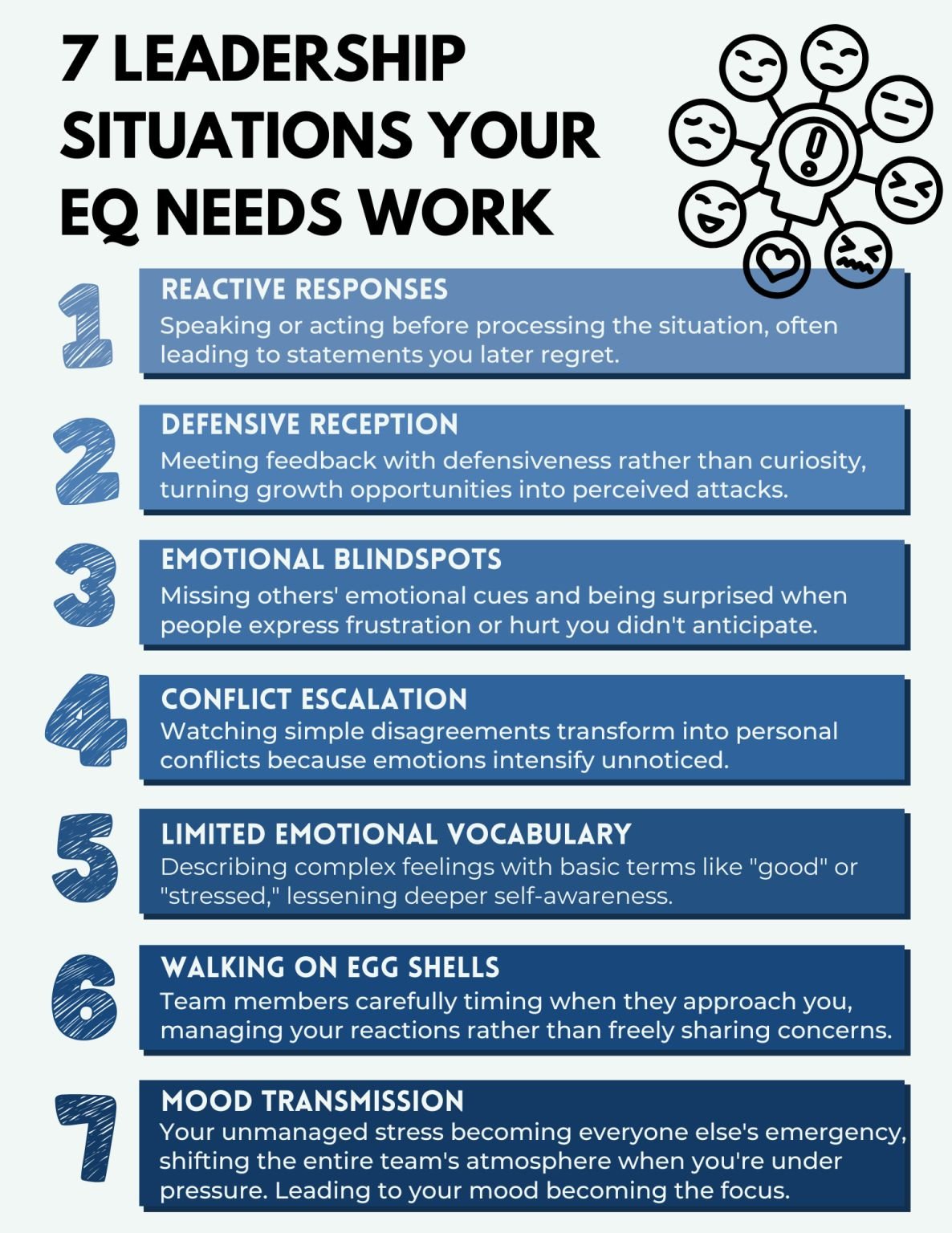A recent survey conducted by the Association for Project Management (APM) has revealed that nearly 72% of full-time project professionals report that their mental wellbeing has been negatively affected by their main project. This survey, conducted with Censuswide ahead of Mental Health Awareness Week, included responses from 1,000 professionals across various sectors, levels, and age groups.
The survey found that the mental health impact is notably more pronounced among full-time workers compared to their part-time counterparts, where only 52% reported similar concerns. The most cited reasons for this strain include disruptions to home life and personal relationships, which affected 31% of respondents, and challenges with work-life balance, reported by 39%.
These findings highlight the pressing need for organizations to promote a healthier work-life balance and better support employee mental wellbeing. When asked about workplace support for mental health, 41% of respondents indicated that their workplaces encourage flexible working arrangements and monitor employee workloads, both of which are significant factors in reducing stress and improving overall wellbeing.
A comparison with data from a similar APM survey conducted in 2023 shows a slight decrease in the number of professionals feeling negatively impacted by their projects. In 2023, 36% of professionals cited project impact on home life and relationships, which has dropped by 6% in the latest survey. This trend may suggest an improvement in how projects are managed or a shift in workplace culture towards better mental health practices.
Caroline Brooks, the People and Culture Manager at APM, emphasized the importance of cultivating a supportive workplace environment. She stated, “Supporting positive mental wellbeing in the workplace is a moral obligation and a business necessity. As the workforce becomes increasingly diverse, it is essential to make mental health a strategic priority. Organizations that invest in wellbeing initiatives—such as flexible working, mental health first aiders, and employee resource groups—are likely to foster more engaged and resilient teams.”
The survey results underscore a critical area for employers to focus on as they look to improve the mental health landscape within project management. With 1 in 6 employees facing common mental health issues and younger generations reporting high levels of burnout, prioritizing mental health support is essential for sustainable performance and employee engagement.



